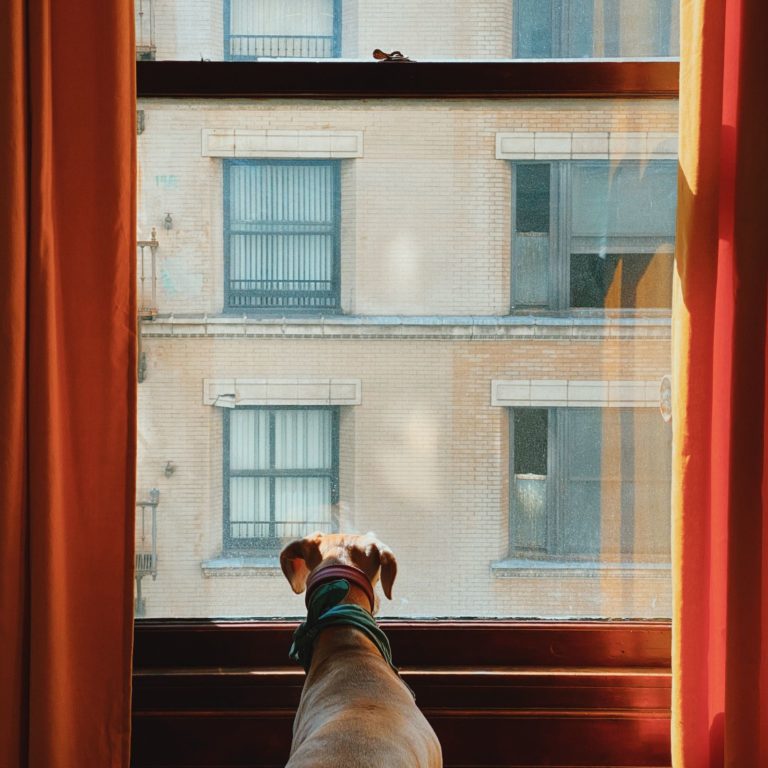Apartment Viewing Questions for First Time Renters
Are you moving out soon and feeling lost in the sea of apartment viewing questions for first time renters? Don’t worry, you’re not alone.
The journey from the comfort of your parents’ home or dorm room to independent apartment living can be both exciting and intimidating.
Having the right set of questions in your arsenal can turn this daunting task into a smooth transition.
An apartment isn’t just a roof over your head—it’s a place to live, relax, and create memories.
This is why asking the right questions during an apartment viewing is critical for a successful move.
Let’s explore essential apartment viewing questions for first time renters to ensure your new home fits your every need.
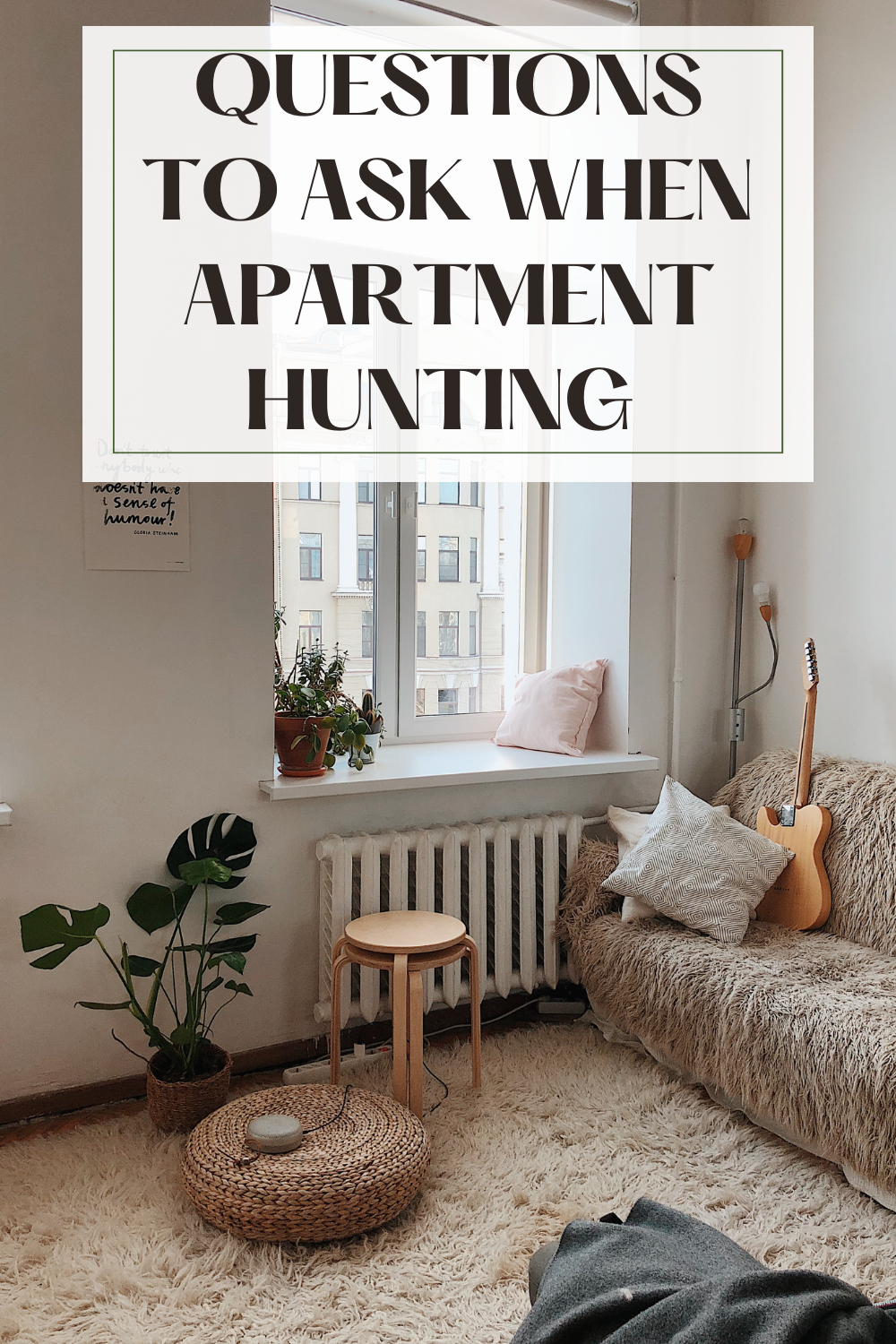
After all, choosing your first apartment is a massive step towards independence, and it’s vital to make an informed decision. It’s not just about aesthetics or location, but also about understanding the nitty-gritty of rental agreements, property maintenance, and tenant rights.
Being prepared with the right set of questions can help you navigate these issues and ensure you’re making the best choice for your lifestyle and budget.
Now, before we delve into specific questions to ask when viewing an apartment, remember that no question is too small or insignificant if it aids you in making the right decision.
Apartment Viewing Questions for First Time Renters
The following section breaks down the pertinent questions to ask when viewing an apartment as a first-time renter. We will explore various areas such as lease terms, utilities, maintenance, and more.
This will provide you with a comprehensive understanding and enable you to make an informed decision. So let’s delve into these essential apartment-viewing questions without further delay.
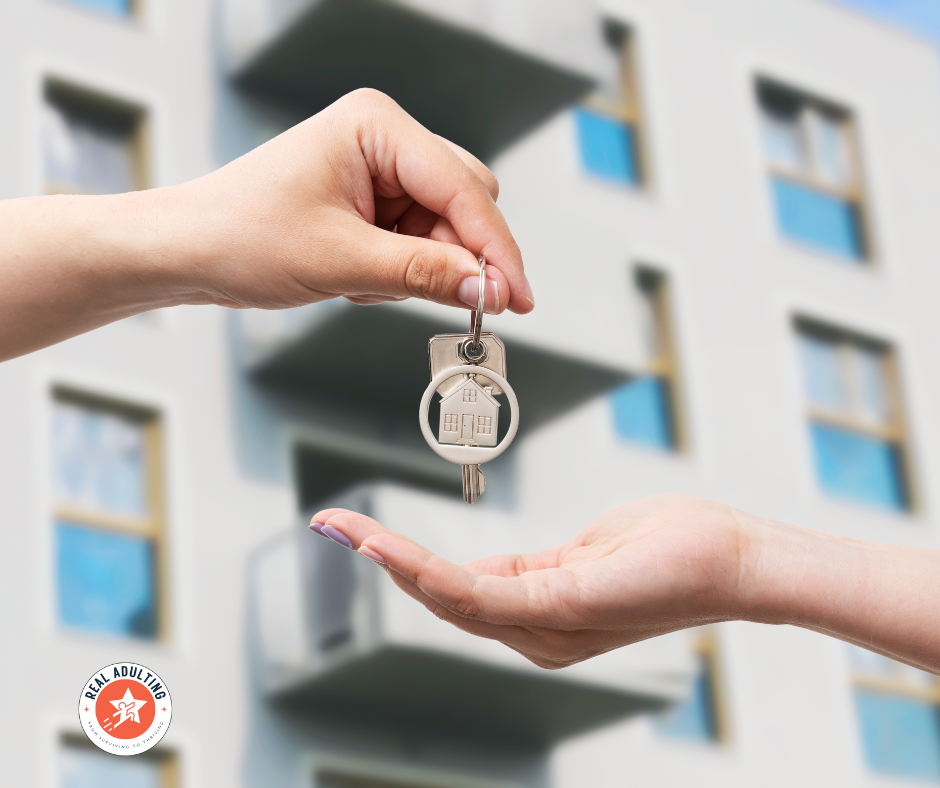
Before the Viewing
Before you even step foot in a potential new apartment, there are key questions that need to be addressed. This pre-viewing stage is crucial in narrowing down your options and setting clear expectations for your prospective landlords.
In this section, we’ll discuss the essential questions that you need to ask before scheduling an apartment viewing. After all, preparation is the key to a successful apartment hunt.
Research about the Apartment
Before you step foot into the potential apartment, it’s crucial to do some preliminary research. Start with understanding the neighborhood – check for nearby amenities such as supermarkets, pharmacies, public transportation, and recreational facilities.
Don’t forget to look into safety statistics and reviews from other renters in the area. Additionally, familiarize yourself with the average rental prices in the neighborhood to ensure you’re getting a fair deal.
Preparing a List of Questions
Having a prepared list of questions is your best tool when viewing an apartment. This list should include queries about lease terms, utilities, maintenance, and any other specific requirements you might have.
For example, if you own a pet, you’ll want to ask about the property’s pet policy. If you work from home, asking about the reliability of the internet connection would be important.
Remember, there’s no such thing as a silly question when it comes to securing your comfort and peace of mind in your new home.
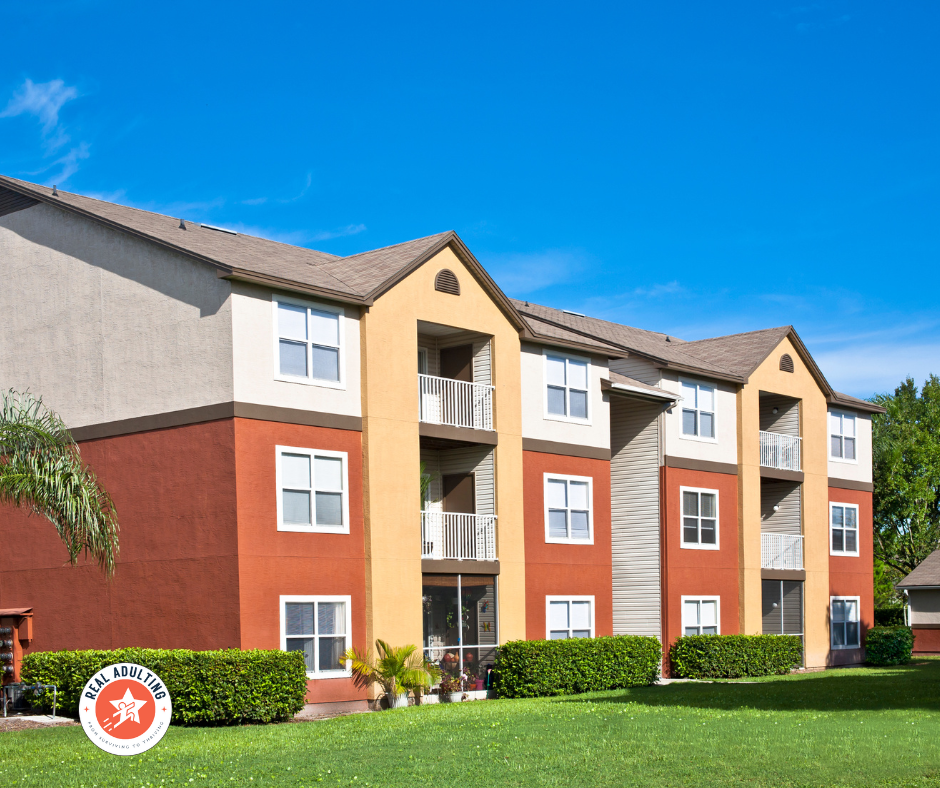
Questions about the Lease
When considering a potential new apartment, one of the most crucial aspects to be clarified is the lease. A lease is more than just a piece of paper; it’s a legally binding agreement that outlines the terms and conditions of your tenancy.
Understanding these terms and conditions before signing can save you from unpleasant surprises down the line. Here, we’ll delve into some of the most critical questions you should ask about the lease.
Duration of the Lease
The first thing to ask is about the duration of the lease. Standard leases typically last for one year, but that’s not always the case. Some landlords offer six-month leases, month-to-month leases, or even longer-term leases.
It’s important to understand the terms of your lease to ensure it aligns with your long-term housing plans.
Lease Termination
Next, inquire about the lease termination policy. Are there penalties for breaking the lease early? If you need to move out before your lease term ends, will you be responsible for the remaining rent, or is there a “lease break” fee?
Understanding the consequences of breaking your lease beforehand can help you plan for unexpected circumstances.
Policies on Subletting and Co-signers
Finally, make sure to talk about the landlord’s policies on subletting and co-signers. If you plan on traveling for an extended period or if you’re a student relying on your parents for rent, these topics could be relevant.
Some landlords allow tenants to sublet their units to another tenant for short periods, while others might not. Similarly, if you’re not able to meet the income requirements for the apartment on your own, you may need a co-signer.
Asking these questions during the viewing can help you avoid potential roadblocks in the application process.
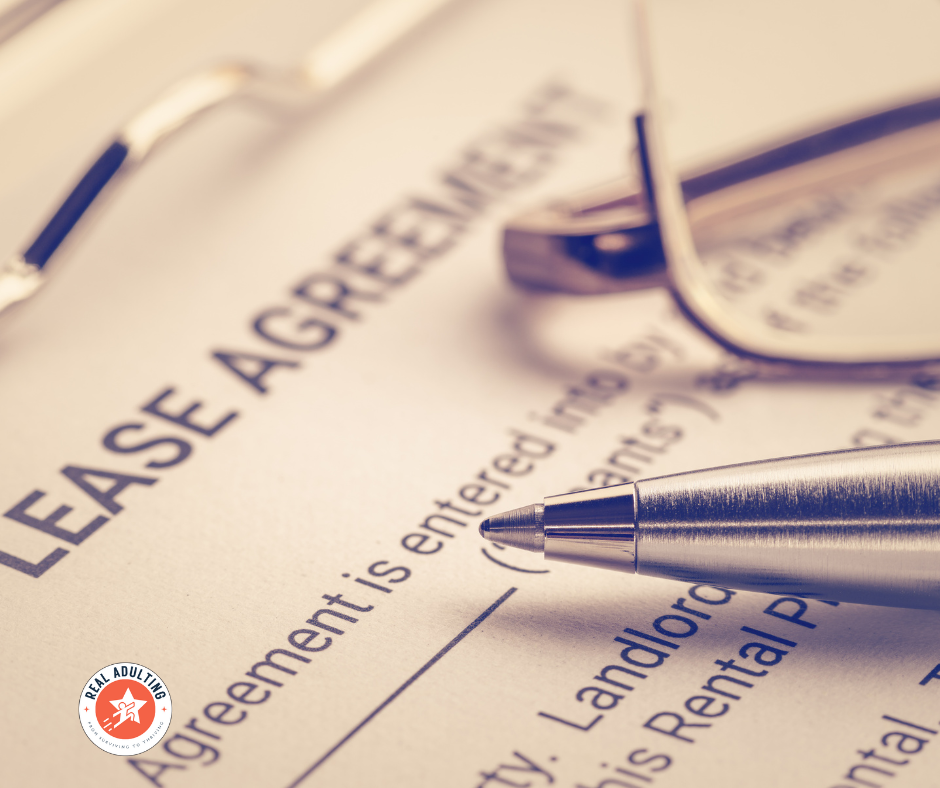
Questions about the Costs
The monetary aspect of renting an apartment can be daunting, but understanding it fully is crucial for a smooth renting experience. Let’s discuss some essential financial questions that can help you plan your budget effectively.
Rent
The first and most important cost associated with any rental is the rent itself. Clarify the monthly rental amount and when it is due each month. Also, ask if there are any penalties for late payment.
Security Deposit
The security deposit is a sum paid upfront to cover any potential damages to the property during your tenancy. Ask about the amount required, the conditions under which it may or may not be returned, and how long after moving out you can expect to receive it.
Additional Fees
Finally, it’s important to inquire about any additional fees associated with the apartment. This could include parking fees, pet fees, or service fees for amenities within the property. These extra costs can add up, and it’s essential to factor them into your budget.
Remember, a clear understanding of all costs associated with your potential new home can aid in avoiding unpleasant surprises in the future.
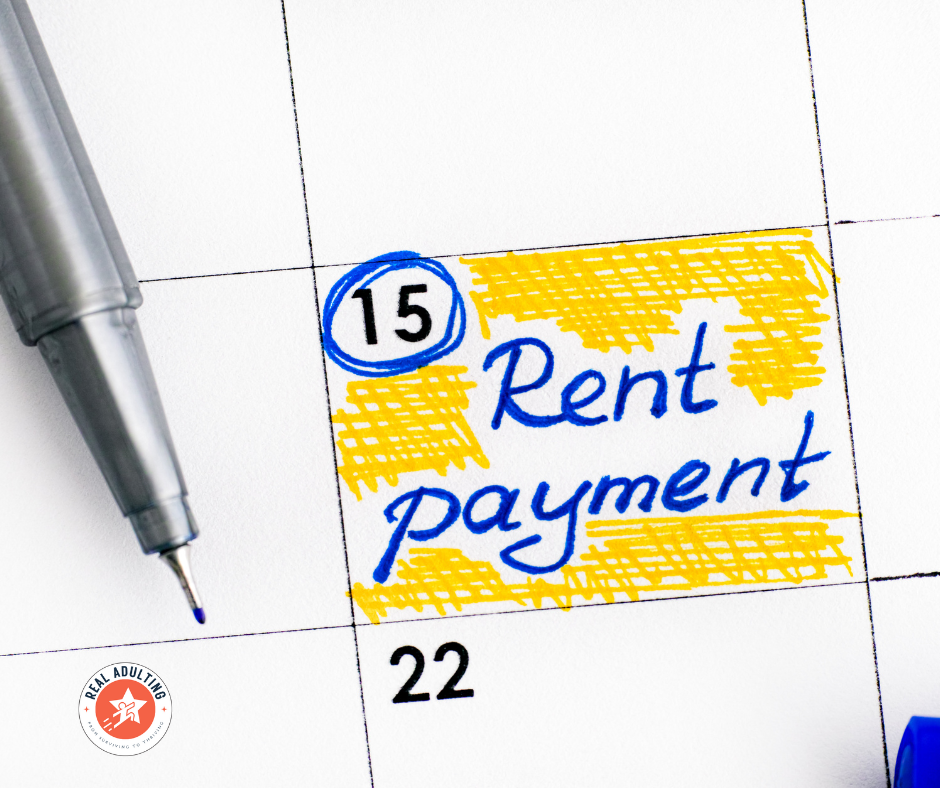
Questions about the Apartment
As you walk through the potential home, pay close attention and don’t be afraid to delve into the specifics. This part of your apartment viewing can tell you a lot about what your everyday life might look like if you choose to move in.
Here, we’ll discuss the essential things to inspect and inquire about in the apartment itself.
State of the Apartment
Firstly, evaluate the overall state of the apartment. Check for any visible damage or potential issues such as water stains, cracked windows, or malfunctioning switches.
Ask the landlord if there are any known issues with the apartment that haven’t been addressed. This factor could not only impact your quality of life but possibly lead to additional costs down the line.
Included Amenities
Next, clarify what amenities are included in the rent. Does the apartment come with appliances such as a fridge, stove, washer, and dryer? Is there central heating and cooling, or are you responsible for providing your air conditioning unit?
Understanding what’s included can help you better plan your budget and determine what additional purchases you may need to make.
Policies on Renovations and Decorations
Lastly, ask about the landlord’s policy on renovations and decorations. Are you allowed to paint the walls or hang pictures?
If you plan to make the space your own, it’s essential to know what modifications are allowed. After all, a place that feels like home is usually one that you can customize to your taste.
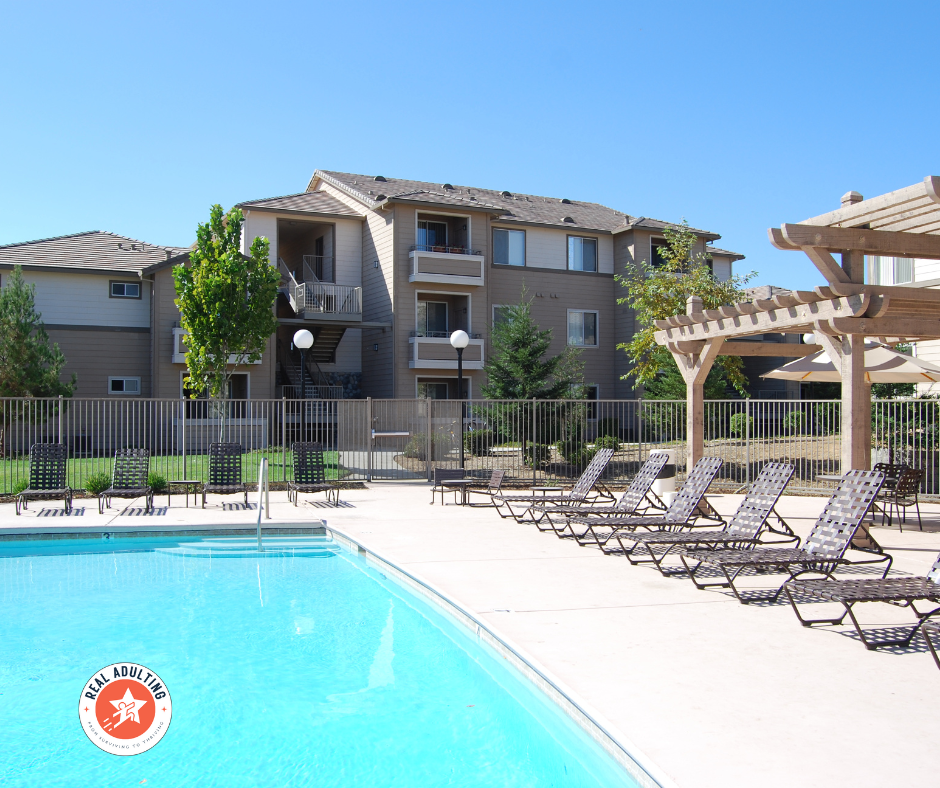
Questions about the Building and Neighborhood
While the apartment itself is a significant factor, your peace of mind and contentment will also heavily depend on the building and the neighborhood your potential home is located in.
In this section, we will explore some crucial questions you should ask about the building’s condition, the amenities it offers, and the characteristics of the neighborhood.
This will help you to garner a holistic view of what living in this new place might entail.
Safety and Security Measures
Safety and security are paramount when choosing a place to live. Discuss with the landlord or managing agent about the measures in place to ensure the safety of the residents.
Consider factors such as the presence of security personnel, the use of surveillance cameras, access control systems, and the protocols followed in case of emergencies.
Also, it’s worth inquiring about the history of break-ins or other security incidents in the building.
Parking Facilities
If you own a vehicle, parking facilities are a crucial aspect to consider. Ask about the availability of parking spaces, whether they are included in the rent or come at an additional cost.
Also, inquire about guest parking options if you frequently have visitors. Don’t forget about the safety of the parking area – well-lit, secure parking can give you peace of mind.
Nearby Amenities
Finally, familiarize yourself with the neighborhood. Ask the landlord or do your research about the proximity of essential amenities such as grocery stores, hospitals, schools, shopping centers, and public transportation.
Consider also lifestyle facilities such as gyms, parks, restaurants, and cultural sites. Living in a location that offers easy access to these amenities can make your life significantly more convenient and enjoyable.
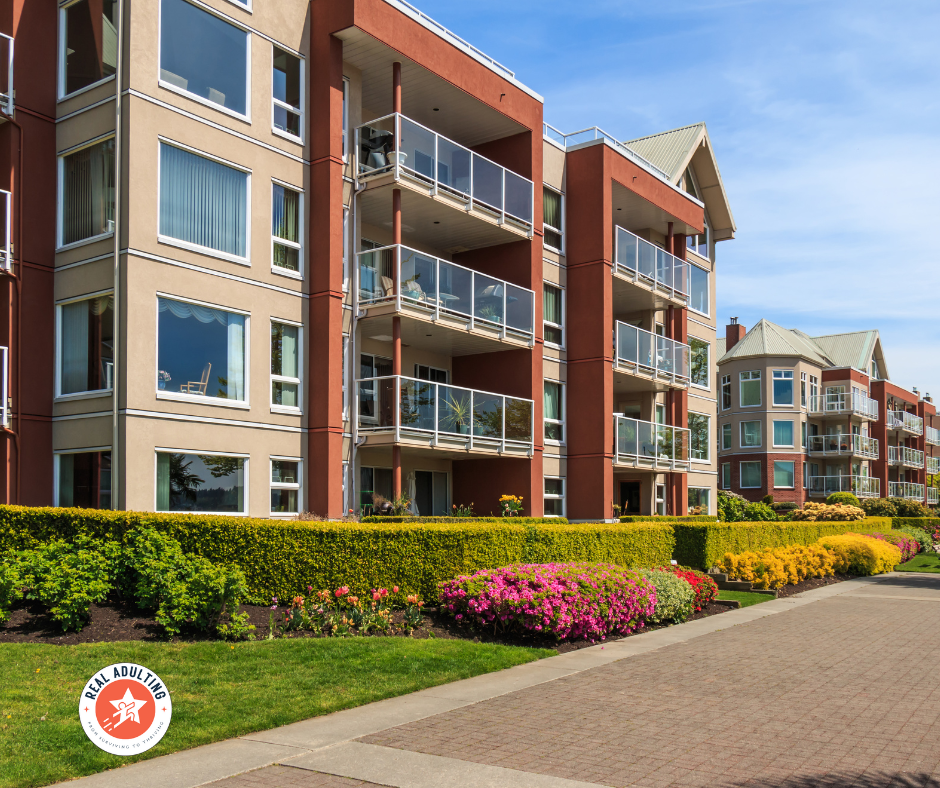
Reflecting on the Viewing and Following Up
After completing the apartment viewing, it’s essential to take some time to reflect on what you’ve seen and learned. This step can help you process your thoughts and feelings about the potential new home and decide if it’s the right fit for you.
Here, we will delve into the critical aspects of reflecting on the viewing and how to follow up effectively.
Reflecting on the Viewing
Take some time to consider the various factors discussed during the viewing. How did the apartment, building, and neighborhood meet your needs and expectations? Did the cost align with your budget? How was your interaction with the landlord?
Make a list of pros and cons to evaluate the apartment objectively. Consider all aspects – from the physical state of the apartment and the building’s safety measures to the proximity of nearby amenities.
How to Follow Up
Once you’ve reflected on the viewing and decided to move forward, the next step is to follow up with the landlord or property manager. This follow-up can be done via email or a phone call. Express your interest in the apartment and ask any remaining questions you might have.
If you’ve decided to apply, ask for the necessary application forms and the next steps in the process. Remember, clear communication is key to ensuring a smooth application process.
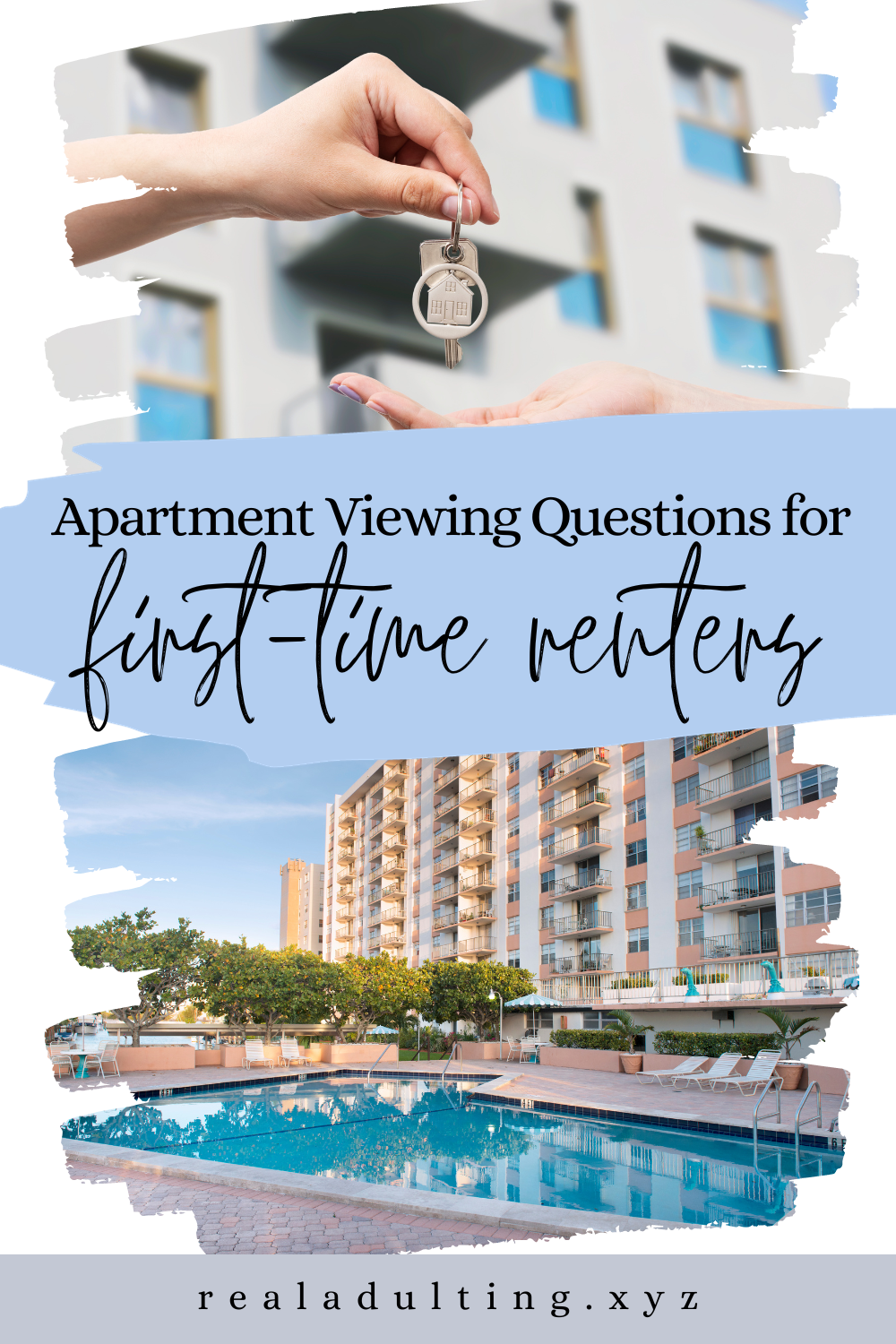
In conclusion, finding the right apartment involves a careful evaluation of multiple factors, from the condition of the apartment itself to the amenities offered by the building and the surrounding neighborhood.
As a potential renter, remember to ask about the state of the apartment, the included amenities, and the policies on renovations and decorations. Don’t forget to check on the safety measures, parking facilities, and nearby amenities.
Reflecting on your viewing and following up effectively are also key steps in your apartment-hunting journey. For first-time renters, this may seem like a daunting task, but with these questions in mind, you’ll be well-equipped to make the right decision.
So, arm yourself with these powerful tools of inquiry and step confidently into your apartment hunt. Good luck!
